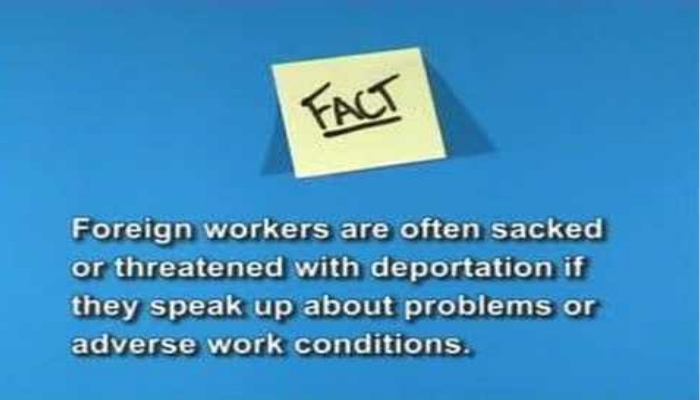
Workers made to sign anti-union contracts
A company currently active in the communications sector has been brought to heel by the Fair Work Ombudsman after it was found to have illegally required workers to sign anti-union contracts.
In 2011, construction and utility services company Thiess (now part of Ventia/Visionstream) engaged a number of Filipino workers on 457 visas as power linesmen in Victoria.
The workers had to sign a contract with a clause that allowed Thiess to sack them if they engaged in trade union activity.
The issue came to the attention of the Electrical Trades Union (the Electrical Division of the CEPU) in 2013 and the union took the matter to the Fair Work Ombudsman.
While the clause has since been removed from the company’s contracts, the Ombudsman has retrospectively found that Thiess breached the employees’ rights under the Fair Work Act and ordered it to pay $50,000 to a charity – in this case to Philippines-Australia Community Services.
Embarrassing – but in the end just a slap over the wrist and hardly enough to stop other companies using similar anti-worker tactics.
The fact is that 457 visa workers continue to be subject to various forms of intimidation, including the threat of deportation, if they exercise their rights to seek union representation. That is why unions have been calling for greater transparency in the scheme, including a public register of companies using temporary migration workers.
That way the labour movement has a better chance of detecting illegal behaviour such as underpayment and breaches of workers’ rights – behaviour which unfortunately is all too common not only by fly-by-night companies but by majors like Thiess and, of course, Seven Eleven.










